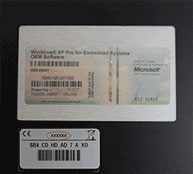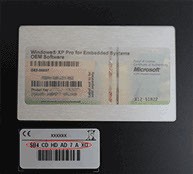Computers have moved from the traditional setting of office and into all kinds of environments. With automation of various industrial and business operations, computers have become essential tools. With different settings come varying requirements. Industrial computers cater to most of the automation needs in industrial work, but they have to be suitable enough.
Form Factor
The form factor is one consideration to take into account when picking a panel PC. Form factor refers to the physical arrangement, configuration and size of computer hardware. Selecting the right form factor is paramount because it will affect the performance of a machine. The hardware solutions you choose for your business will depend on the intended functions of the machine. The right PC must have the hardware capabilities to meet the requirements.
Power Supply
You must also consider the power supply needs of a panel computer. First, look at the environment and the power supply it provides. You must also evaluate the operations at hand and their power requirements. Some automated processes need more power than others. Another element that will dictate your choice is whether the system will be AC or DC. It may be imperative to use a UPS particularly if the setting has constant power interruptions or fluctuations.
ISA/PCI/PCIe Cards
The expandability of panel computers is one of the reasons they are so popular in industrial and business settings. With the use of expansion cards such as ISA (Industry Standard Architecture), a company can customise a machine to meet specific needs. When selecting an industrial computer, the expansion ports available are vital. PCI (Peripheral Component Interconnect) or PCI Express are used to increase the performance of a system.
Memory Requirements
When choosing a panel PC, the memory requirements should also be a consideration. The business needs of a company will determine how much memory would be suitable. Industrial computers store a lot of data, and the memory chipsets must be able to handle that. Evaluation of memory requirements should include future needs, particularly for a growing company.
Sources:
Understand Expansion Slots in Your PC, Dummies.com
Power Supply and Chassis/Case, QuePublishing.com


